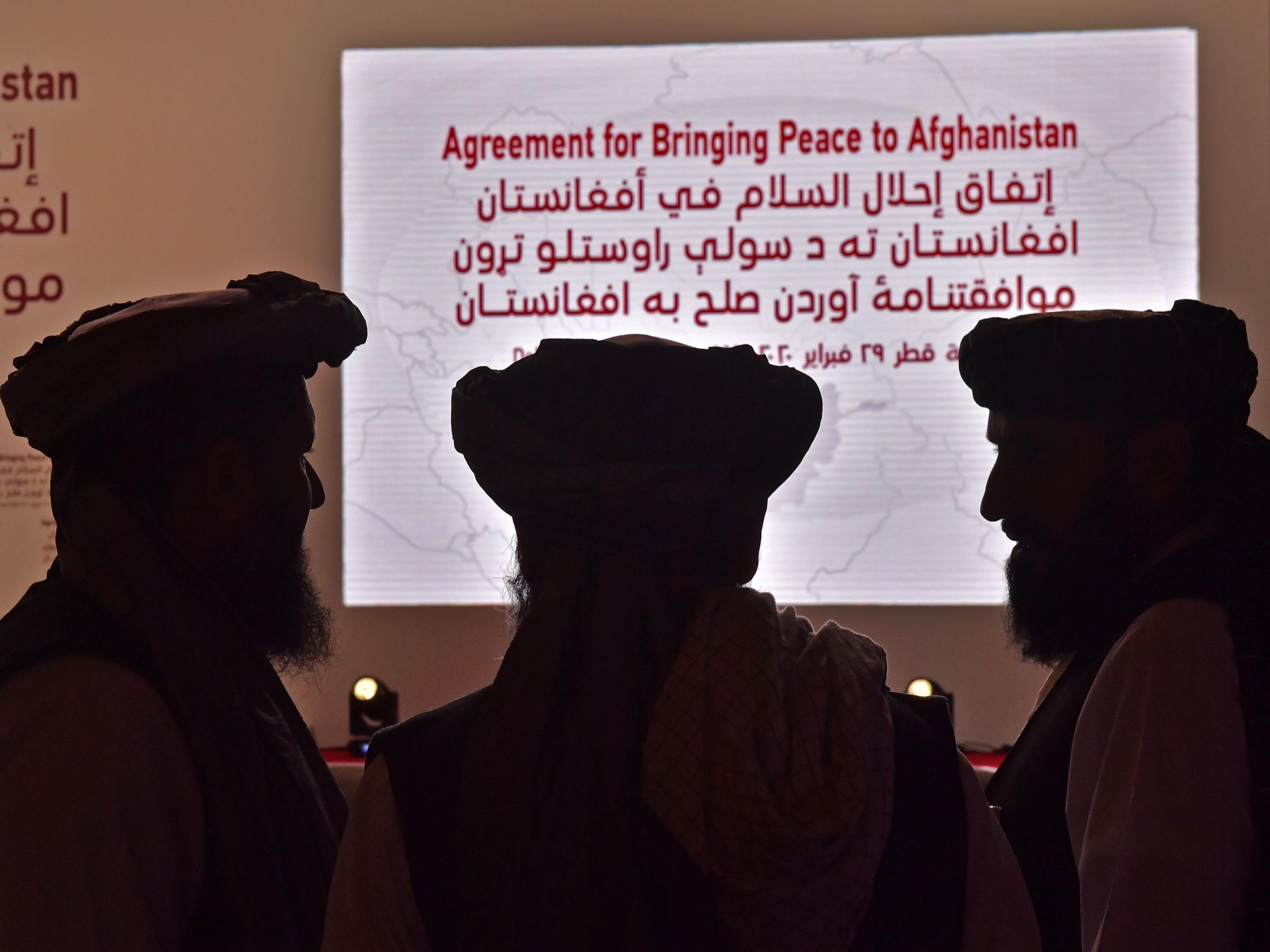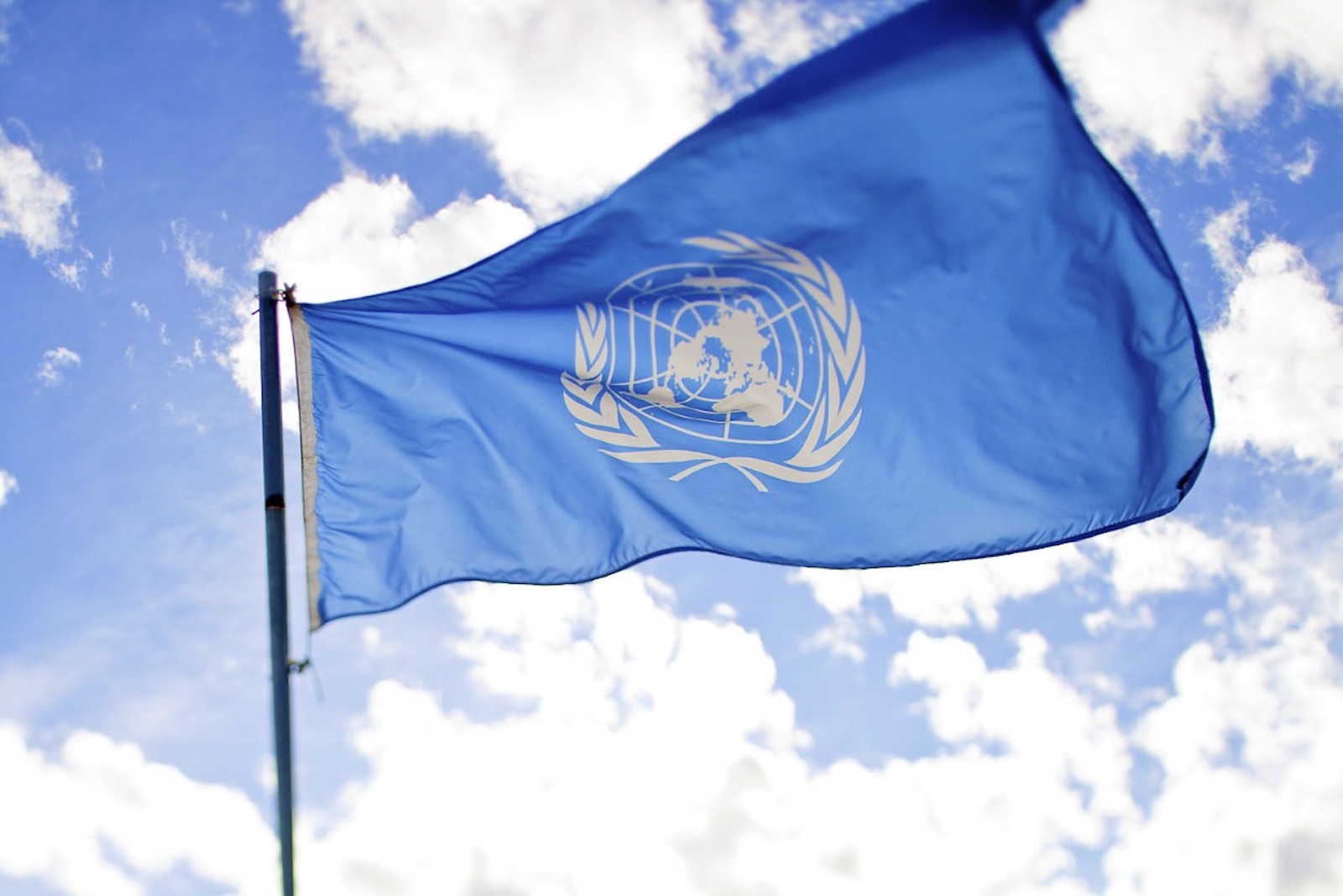After months of intense negotiating, the United States and the Taliban signed their long-awaited agreement on February 29. Washington touted the deal as forging a path to peace in Afghanistan and as a reasonable way to disengage from America’s longest war.
While the Trump administration is correct to see the signing of the accord as its most dignified way out of the conflict, it also highlights the U.S. failure in Afghanistan. The country will likely be brought back under the control of the Taliban.
BREAKING: The US and Taliban have signed a historic peace deal, in which the US has agreed to withdraw all troops from Afghanistan within 14 months.
For more on this breaking story, head here: https://t.co/b5RzwRuX8l pic.twitter.com/v6pPxsJwk2
— Sky News (@SkyNews) February 29, 2020
Since invading Afghanistan in late 2001, the U.S. spent nearly two trillion dollars and lost 2,400 soldiers, along with 1,200 NATO soldiers and thousands of contractors. America’s attempts to defeat the Taliban, culminating in a surge to 140,000 troops under Barack Obama, have failed miserably.
Today, the Taliban control more territory than at any time since 2001, a staggering 90 percent of the world’s heroin comes from opium grown in Afghanistan, and al-Qaeda has more than 20 times more fighters around the world than it did on 9/11. Afghans have suffered tremendously and have become some of the poorest people on earth.
The U.S.-established Afghan regime is corrupt and split among rival factions with deep-seated animosities. It is hopelessly reliant on Western aid and military support, and unlikely to survive without foreign aid.
Lopsided Peace Deal
After nineteen years of occupation, the U.S. military and government have realized that they cannot win this war. Even global superpowers have their limitations. This is precisely why the Obama and Trump administrations have been sensibly trying to reach a deal with the Taliban.
A reading of the agreement, however, reveals how much the United States is willing to give up in return for a face-saving accord that allows it to retreat without the appearance of defeat.
The Taliban’s only substantial concession is to commit not to host elements hostile to the U.S., presumably al-Qaeda. America invaded Afghanistan in 2001 precisely to defeat al-Qaeda and its Taliban hosts, but al-Qaeda is a much different organization today. While in 2001 it only found shelter in Afghanistan, it now has active affiliates in countries and areas as diverse as the Sahel, Somalia, Libya, Yemen, and Syria. Al-Qaeda does not need Afghanistan as much anymore, and the Taliban are not sacrificing much by denying it shelter.
In return, Washington committed to withdraw its troops in a little over a year and not to attack Afghanistan again, remove U.S. and U.N. sanctions on the Taliban, help release 5,000 Taliban prisoners in return for only 1,000 regime prisoners of war, have normal relations with the Taliban, and to assist in Afghanistan’s reconstruction.
The Taliban committed to negotiating with “Afghan sides” in March, possibly about a permanent ceasefire, but the agreement does not specify who these “Afghan sides” are. While the U.S. negotiators hope the negotiations will be with the government, nothing in the accord says the term can’t refer to Northern leaders who are disenchanted with Afghan President Ashraf Ghani.
There is also no timetable for negotiations or stipulations about what defines their success or failure. Ghani’s government, already diminished by the American acceptance to leave it out of the negotiations leading to the deal, has expressed its reluctance to oblige the U.S. by refusing to release Taliban prisoners.
In addition to the agreement’s contents, the process showed who had true leverage in these negotiations. The United States backed off on all of its main demands, including requesting a permanent ceasefire, wanting the Taliban to negotiate with the regime instead of the U.S., and to have them recognize the regime or to disavow al-Qaeda.
On top of this, the negotiations validated and legitimized the Taliban. The U.S. sometimes pleaded with them and made concessions, such as freeing Taliban leaders held in Guantanamo Bay and Pakistan, just to get them to negotiate.

Washington appeared to largely abandon the Afghan regime it established and backed for nineteen years at enormous cost. And the optics were even more vindicating for the Taliban: their released Guantanamo inmates were on their negotiation team sitting as equals across the table from the officials of the superpower that had subjected them to treatment explicitly designed to dehumanize them.
Leaked information about classified annexes to the agreement suggests that there is not much more to the deal in terms of assurances to the U.S. or Ghani government.
What Does the Future Hold?
The Trump administration wants out of Afghanistan and will tolerate anything short of the Taliban reneging on their commitment not to host al-Qaeda. The Taliban will do all they can to avoid negotiations with the Afghan government, which they consider illegitimate.
President Ghani will be in a precarious position as he tries to convince the U.S. to continue to aid his government when American soldiers are no longer at risk, all while trying to maintain support from disgruntled regime factions and resisting the Taliban.
The odds are that U.S. troops will be out of Afghanistan on schedule and that Ghani’s government will crumble soon after Western aid levels are reduced, just as happened in 1992 to the regime of Muhammad Najibullah that the Soviets left behind.
Regime collapse will lead to a civil war very much like the one interrupted by the 2001 U.S. invasion. As the strongest among Afghan factions, the Taliban are likely to come up on top again.
Taliban have carried out 76 attacks across 24 provinces since the RiV ended and US-Taliban signed deal, according Afghan ONSC.
The deadliest attack killed at least 15 Afghan soldiers on outskirts of Kunduz city – hours aft Trump said he and "the Mullah" talked about "no violence"— Mujib Mashal (@MujMash) March 4, 2020
The United States accomplished very little in Afghanistan, and the latest agreement only ushers an endgame that will bring back to power the very Taliban that two U.S. administrations wanted to defeat.
The U.S.-Taliban deal is merely a face-saving measure to conclude a failed and costly American military intervention. If there is a useful lesson to be learned from this misadventure, it is that leaders of even the world’s mightiest military power need to reconsider the merits of a militarized foreign policy in the Muslim world.
American military interventions are stoking resentment and inflaming a perpetual transnational insurgency across Muslim countries. If it doesn’t change its course, the U.S. may very well suffer more defeats such as the one in Afghanistan, while causing even more hurt and damage in other countries along the way.
Disclaimer: The views and opinions expressed here are those of the author and do not necessarily reflect the editorial position of The Globe Post.






















